I used to work as a recruiter in Dubai and have reviewed thousands of CVs that were submitted for roles throughout the region.
Trust me when I say, I have seen every different style of Dubai CV imaginable. From one-page documents with very little information to 20-page documents containing the person’s whole life history.
From minimal Word documents written in Times New Roman to graphic design masterpieces with logos, infographics and every colour of the rainbow.
Dubai is one of the most multi-cultural places on earth and most people use the same CV format they would use in their home country. But this is a mistake.
Whilst Dubai recruiters are somewhat accustomed to different styles of CVs, there are some CVs that perform better than others.
In this article, I’m going to outline the main principles to follow to ensure that your CV stands out in the Dubai job market for all the right reasons.
Is a CV or resume used in Dubai?
Historically, CV and resume referred to two very different kinds of documents; CVs or ‘Curriculum Vitae’ originated in Europe, and the name translates from Latin, meaning ‘course of life’.
This document would typically outline a person’s full work and educational history and would typically be two or three pages long.
The term ‘resume’ is used more in the US market and is derived from the French word meaning ‘summary’. This document was typically just one page and acted as a career snapshot.
Confusingly, the term ‘CV’ is also used in the US when a longer, more in-depth document is needed. This is often the case for Academic roles, for instance.
However, today, the two have merged to become almost indistinguishable. The European CV has become more targeted and summarised, whilst many US-style resumes are now longer since people have moved their job searches online.
In Dubai, British English is used, and most things are referred to by their British names.
As such, most recruiters will use the term ‘CV’ and will tend to prefer a slightly more detailed document as opposed to a one-page resume. However, don’t worry if you call it a ‘resume’. They’ll still know what you mean!
How long should your CV be?
As mentioned above, a typical CV length is two to three pages, which is ideal for the Dubai market. One of the biggest mistakes I see people make is sending a CV that is far too long.
Most roles attract hundreds (or thousands) of applications, and recruiters need to find the information they are looking for quickly.
In many countries, it is normal to have a title page, followed by a personal details page, and then, by page three or four, the recruiter can read about your work experience. This does not work for Dubai.
It’s important to get straight to the point, and ideally, the recruiter should immediately see the most relevant information within the first half of page one so that they can determine if you are a strong fit for the role.
However, you shouldn’t make your CV too short, as this may mean you haven’t included enough information to show you have the skills and experience needed for the role.
As a general rule, the length of your CV will be determined by the years of experience you have.
0 – 5 years: 1 page
If you have fewer than 5 years of experience, it is likely you can fit all relevant information into a one-page document.
5 – 15 years: 2 pages
For most people, a two-page CV is ideal for Dubai. This length will ensure you keep to the point and display the most relevant information whilst also giving space to show your career progression.
15+ years: 2 or 3 pages
Even if you have over 15 years of experience, two pages are still the ideal length and will help you avoid sharing too many irrelevant details.
Your CV is a marketing document for a particular role. It’s not your life history.
However, if you are really struggling to include all relevant details in two pages, then you could use three. This is often the case for professionals who have worked at many companies or on many different projects.
What sections should you include?
Including the right sections in the right order will help a recruiter in Dubai easily identify the information they are looking for.
Most CVs follow this format:
1. Name and contact details
Make sure you include your telephone number (with international dialing code), email address, city and country, and LinkedIn URL.
2. Headline
This is typically your job title (or target job title) and some keywords. The idea is to quickly show you are a good fit for the role.
3. Summary
You should always include a short paragraph that summarises both your experience and why you are the perfect candidate for the role. Note that a ‘career objective’ is not needed.
4. Key skills
It can be helpful to add a Key Skills section to display the relevant skills you have for the role you are applying for. These should be specific to the role, and you should avoid very generic skills like ‘teamwork’.
5. Experience
This is the largest section of your CV and is where you detail your work history.
You should always start with your most recent role and work backward. This is what Dubai recruiters are most accustomed to. Make sure you use the same format for all your dates to make it easy to understand.
I find the most effective format for each role is to include a short 1 – 3 sentence summary of the position’s scope and responsibilities followed by bullet points detailing your key achievements.
Typically, your most recent role should include the most information with fewer details included for each role as you work back through your career.
6. Education
Your education and professional qualifications are normally included after your experience. However, if you are a recent graduate, then you may want to include this information before your experience section.
7. Personal details
For most Dubai job applications, it can be useful to include some personal details.
Nationality and languages are almost always required, with nationality needed to assess visa eligibility.
Further, family or marital status is sometimes included as this will impact your visa and requirements for additional benefits such as education allowance.
You shouldn’t include any additional personal details as this could leave you open to fraud or discrimination. These details can be supplied later in the process should the company wish to progress your application.
It can also be helpful to include a ‘key achievements’ or ‘career highlights’ section above your experience to draw attention to your most relevant and impressive achievements.
Do you need a photo for a Dubai CV?
When I was applying for roles in Dubai in 2014, I was told I needed a photo on my CV. However, when I started working as a recruiter, I realized that most people don’t include a photo and that including one could be detrimental to an application.
You will still see photos requested for some customer-facing roles, but I would not recommend adding a photo to your CV unless you see this as a requirement on the job adverts you are applying to.
Including a photo can make you look out of touch with the job market in Dubai today. It can also make you look like you are applying for more junior roles than what you hope to target, as photos are rarely requested for senior positions.
Instead, focus your attention on including a great headshot on your LinkedIn profile, as LinkedIn profiles with photos statistically get 14 x more views.
What language should a Dubai CV be written in?
English is the main business language in Dubai, and unless stated otherwise, your CV should be written in English.
Even though many roles are looking for bilingual candidates, do not assume the recruiter will speak the languages that the role requires.
I would often advertise roles for candidates that speak English and Arabic but could not read or understand a CV written in Arabic!
What type of CV design works best in Dubai?
First, let’s talk about what doesn’t work.
In a crowded job market, it can be tempting to do everything you can to stand out. Many people do this by using a CV template with a lot of design elements.
Graphic design websites like Canva have lots of eye-catching designs that incorporate bold colors, symbols, and unusual fonts.
Whilst these sites are great for designing graphics, their templates are not created by people with hiring or recruitment experience. These types of designs often do not perform well for the following reasons:
1. They are style over substance
A bold design might catch attention, but these templates often leave little space to detail your career history and skillset.
It is ultimately this experience that will land you an interview, and you should never compromise the content of your CV to fit a restrictive design template.
2. They are not ATS friendly
Many recruiters in Dubai use software called ‘Applicant Tracking Systems’ to help them sort and filter CVs.
All applications are collected in the ATS, and a recruiter will use the software to view CVs and decide whether to shortlist or reject.
Some recruiters will also use advanced functions to sort CVs based on relevance or to search through their database to find the most relevant candidates.
It’s, therefore, important that your CV is in a format that is easily ‘readable’ by ATS.
Graphic CVs that contain sidebars, non-standard fonts, logos, and infographics will not parse through recruitment software correctly. This can result in your CV displaying in a strange and jumbled manner or in your application being missed entirely.
3. They can be hard to read
Recruiters can review up to hundreds of CVs each day, and eye-tracking software shows that they read CVs from top to bottom and from left to right.
You might think that an unusual layout is good, but it makes it harder for the recruiter to find the information they are looking for.
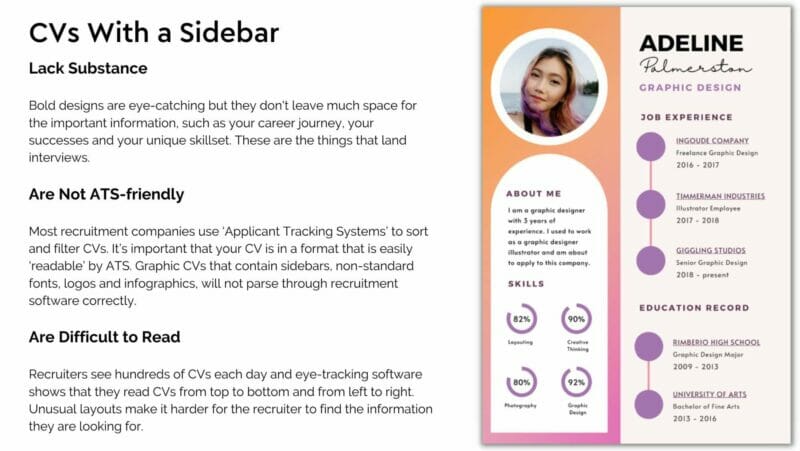
So, what designs work best?
CVs that perform well in Dubai have a simple layout (going from top to bottom) with clearly defined sections.
Some subtle design elements can be incorporated to help key information stand out. However, logos and infographics should be avoided.
You should also ensure that the design is suited to the industry and function you are applying for. As a general rule, a more creative CV can work in more creative industries, whereas traditional designs are preferred for more senior roles and in more traditional industries.
Below is a template that I created. This type of design is ideal for the Dubai market. You can find this template and more by clicking here.
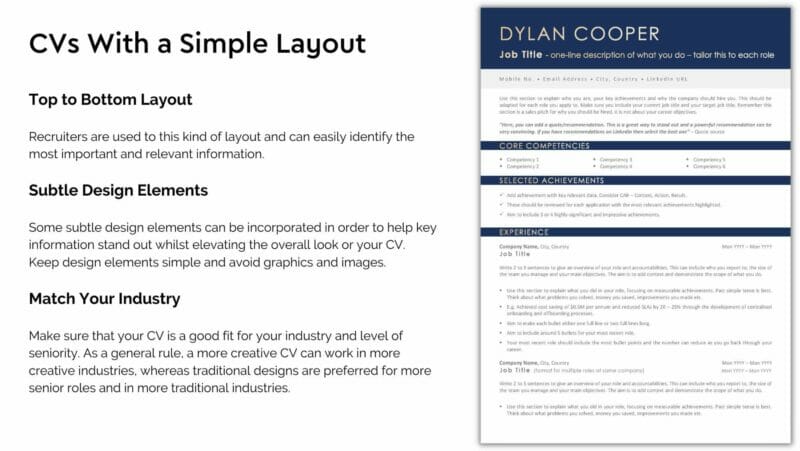
Other points to consider in your Dubai CV
Before you begin using your CV to apply for roles in Dubai, it’s important to check a final few things:
1. Is your CV targeted enough?
It can be tempting to throw everything into your CV in the hope of appearing suitable for as many different roles as possible, but this is the wrong approach. A recruiter will be looking for a candidate that is a perfect fit for the particular position they are recruiting for.
The more targeted your CV is, the better your chances of being ‘the perfect fit’ for the role you are applying for.
Note: it may be worth tweaking your CV for each application in order to feature the most relevant details for that particular role. Don’t worry; a few great applications are better than applying for hundreds of roles with a generic CV.
2. Have you checked your spelling and grammar?
Many people that apply for roles in Dubai do not speak English as their first language. This can make spelling and grammar mistakes all the more common.
Whilst some mistakes may be overlooked, major mistakes can have a big impact. Before you send your CV, use an advanced spelling and grammar checker such as Grammarly (I use it all the time) or get a trusted friend to check the document for you.
3. Does your LinkedIn support your CV?
Dubai is an incredibly active region on LinkedIn, and many recruiters will check your LinkedIn profile before they decide to shortlist you.
If your LinkedIn suggests you are actually interested in different types of roles, or if there are big discrepancies in your employment history, then this could be a red flag and may get your CV rejected.
Your LinkedIn doesn’t need to be a mirror copy of your CV, but it should be considered as just as important and should be written to complement your CV.
Dubai CV – summary
Dubai is a fantastic place to work, offering many unique career opportunities, and having an excellent CV is vital for standing out amongst the many people that hope to call Dubai their home.
However, it’s important to remember that a CV is just one part of the puzzle. People land roles in Dubai through many different channels, including LinkedIn, networking, and referrals.
When launching a job search in Dubai, you should always consider what job search strategy will work best for your unique situation and invest your time in the activities that will generate the best results.
You might find useful:
- Living In Dubai – a detailed expat guide to settling down in Dubai
- Dubai Income Tax & Taxation Advantages For Expats
- Dubai Rules & Laws Explained
- Visit our Dubai Guides page for more information on living in Dubai
- Didn’t find what you were looking for or need further advice? Comment with your question below, and we will do our best to help.

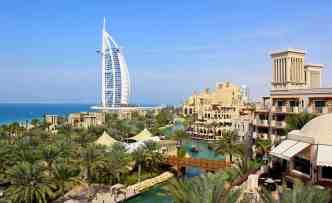
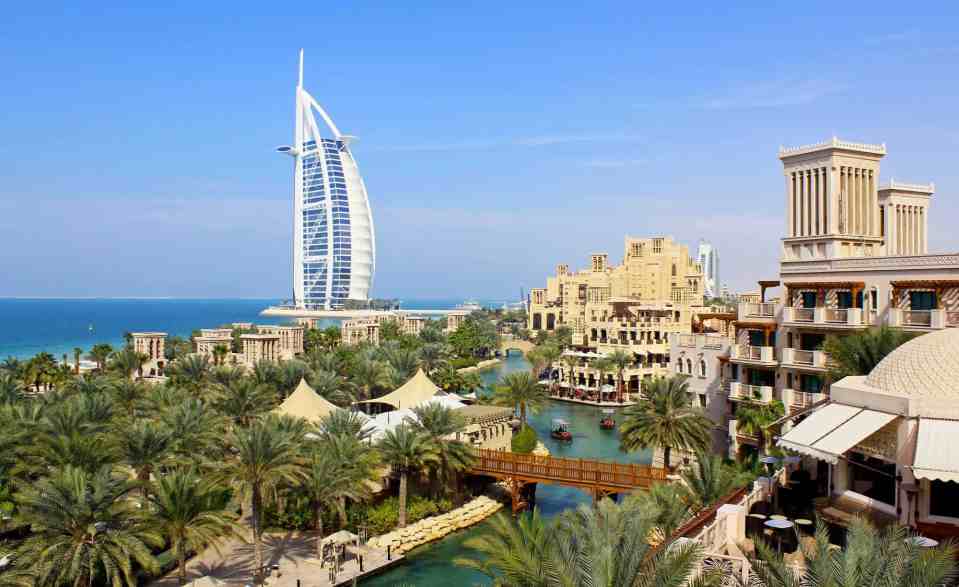
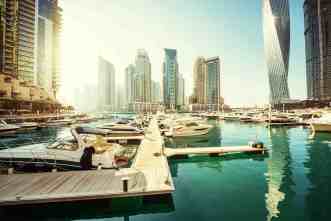
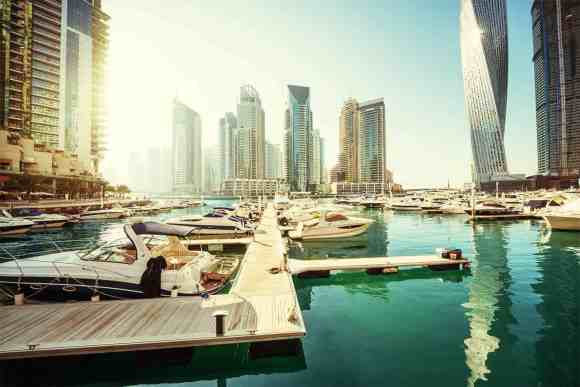
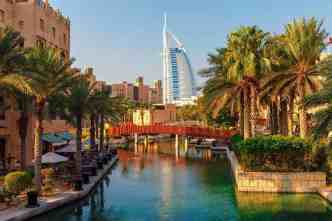
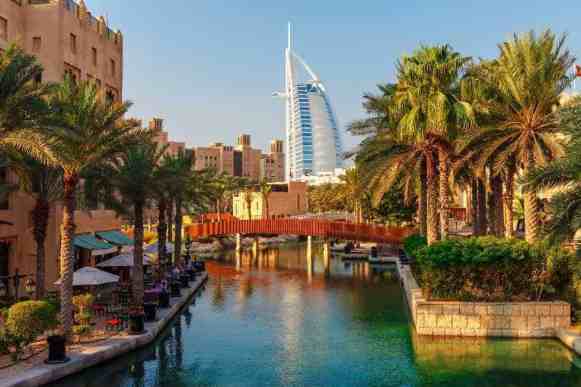
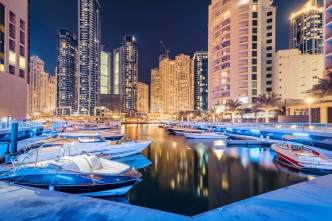
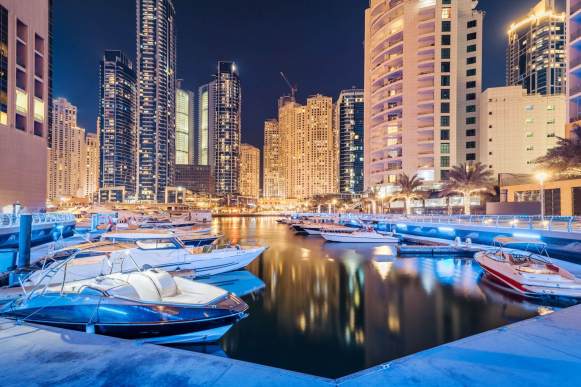
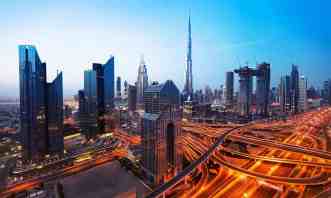
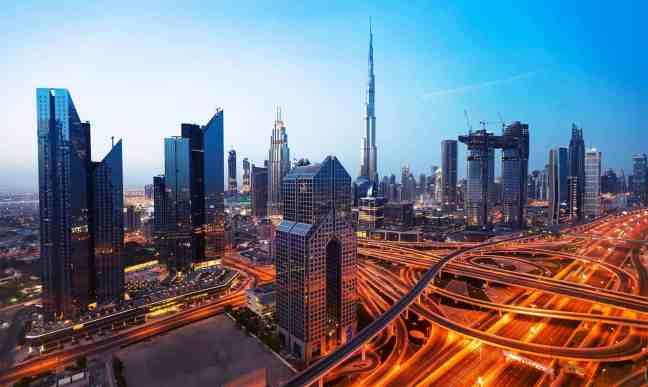
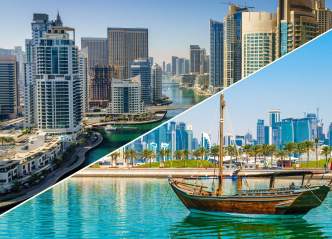
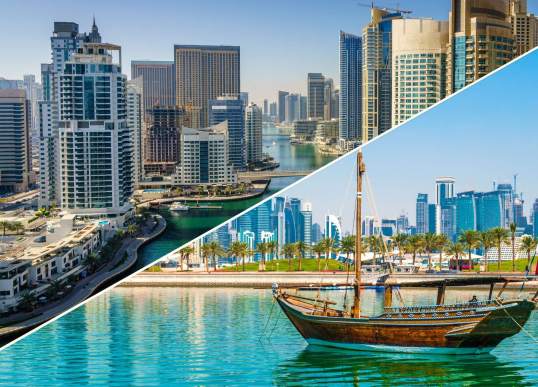


Hi Florence, so pleased to hear you found the article helpful! If you would like more information about my CV writing services, please visit – https://www.theenglishmeetingroom.com/services
This is so useful thank you so much Hannah,you are a good soul.i would like you to edit my Cv